On January 8, Deputy Prime Minister Tran Hong Ha chaired a meeting to listen to a report on the Project to establish a carbon credit market in Vietnam. Accordingly, the Deputy Prime Minister asked leaders of ministries and branches to focus on discussing the purpose and objectives of the carbon emission reduction policy in Vietnam in relation to the region and the world; market model (enterprises voluntarily participate or the Government leads, initially operate domestically or immediately participate in the international market); implementation roadmap, including the following immediate tasks: Legal basis, organizational structure, determination/allocation of emission quotas to each emission subject.
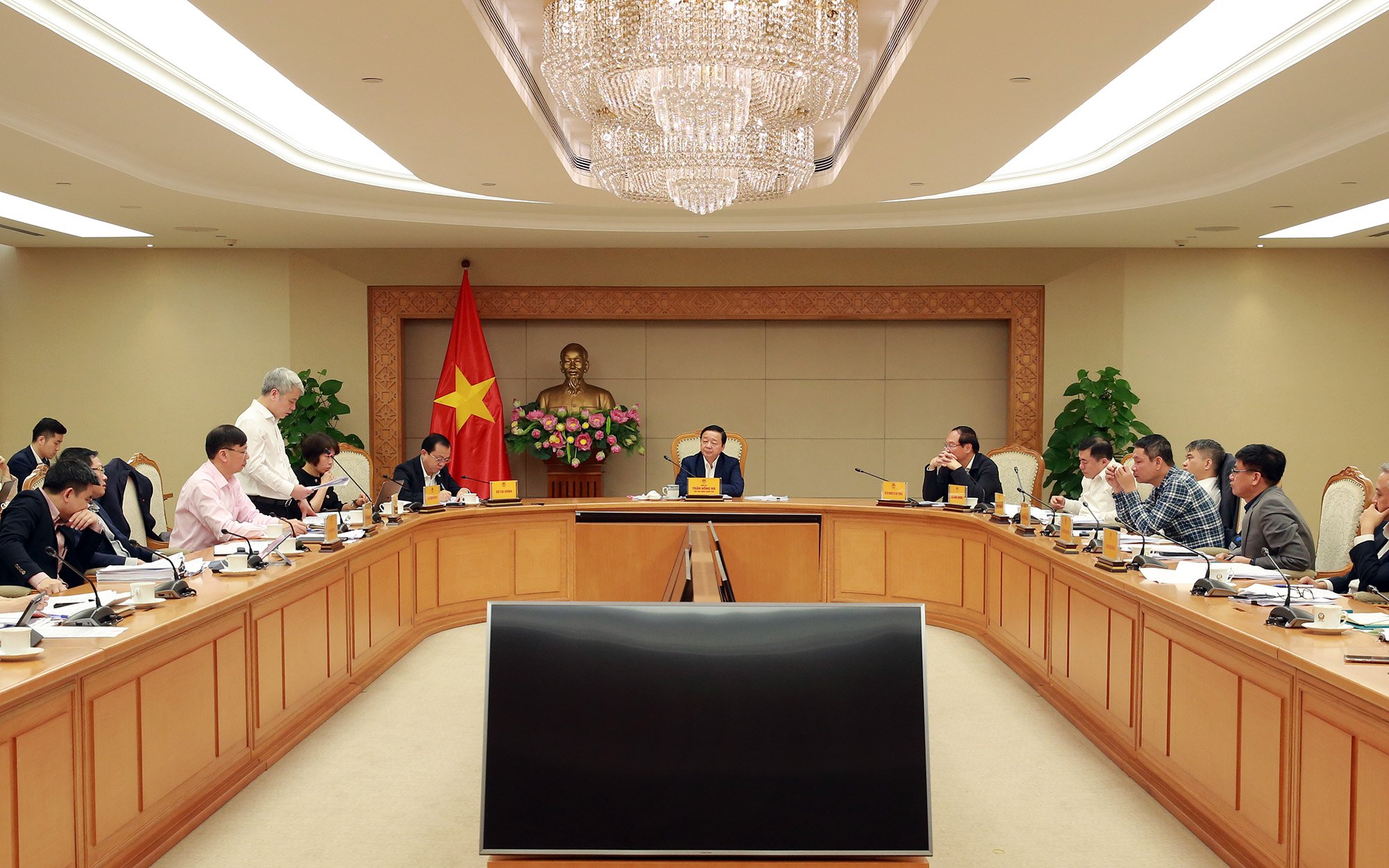
Meeting scene.
At the meeting, Deputy Minister of Finance Le Tan Can said that goods in the carbon credit market in Vietnam include two types: Greenhouse gas emission quotas; Carbon credits certified by the Ministry of Natural Resources and Environment are traded on the domestic carbon credit market exchange.
Market participants include: Facilities in the List of sectors and facilities emitting greenhouse gases that must inventory greenhouse gases; organizations implementing carbon credit creation programs and projects; organizations and individuals eligible to participate in carbon credit investment and business activities according to the provisions of law; organizations supporting transactions.
Based on the fact that many countries have established carbon credit trading floors, the Ministry of Finance proposed to implement this model in Vietnam. The general objective of the Project is to develop the carbon credit market in Vietnam, contributing to the goal of reducing greenhouse gas emissions at low costs for businesses and society, promoting the development of low-emission technology, contributing to improving the competitiveness of Vietnamese businesses, towards developing a low-carbon economy and proactively responding to climate change.
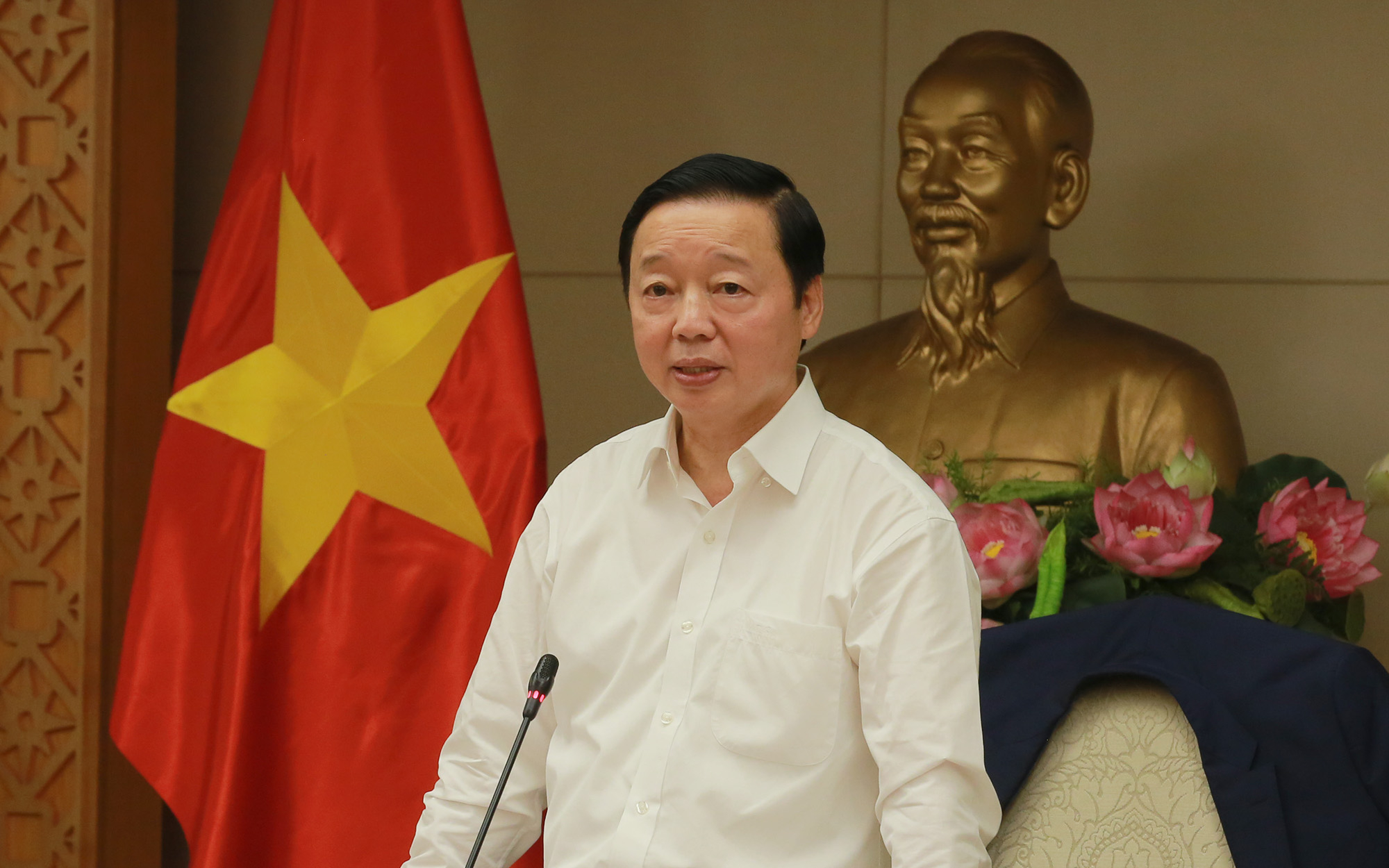
Deputy Prime Minister Tran Hong Ha speaks at the meeting.
Concluding the meeting, Deputy Prime Minister Tran Hong Ha emphasized that the Project needs to update global policies and agreements, as well as strategies and plans for sectors and fields that have been issued with the orientation of responding to climate change, equitable energy transition, and reducing greenhouse gas emissions. Establishing a carbon credit market is a concrete step to prepare for major policies on a global scale on reducing greenhouse gas emissions, allocating emission quotas, exchanging carbon credits, and creating green financial resources for businesses to innovate technology.
Given the complexity of the Project, the Deputy Prime Minister requested a report to the National Steering Committee for the implementation of commitments at COP26, after consulting with ministries, departments and sectors. The Project aims to institutionalize policies on the exchange of emission quotas and carbon credits, achieve the goal of reducing greenhouse gas emissions, transforming the economy, and creating new green resources.
The project answers questions about the scope of implementation, products, and operating models to create a framework, legal environment, organizational capacity, operating mechanism, and technical capacity requirements to establish and synchronously develop a carbon credit market, from the assessment and allocation of emission quotas to the formation and certification of carbon credits, transaction methods, etc.; rights, obligations, and responsibilities of participating entities (enterprises, the state, and people).
"We fulfill our global commitment to reducing greenhouse gas emissions but must protect national interests in a fair, open and transparent manner," the Deputy Prime Minister noted.
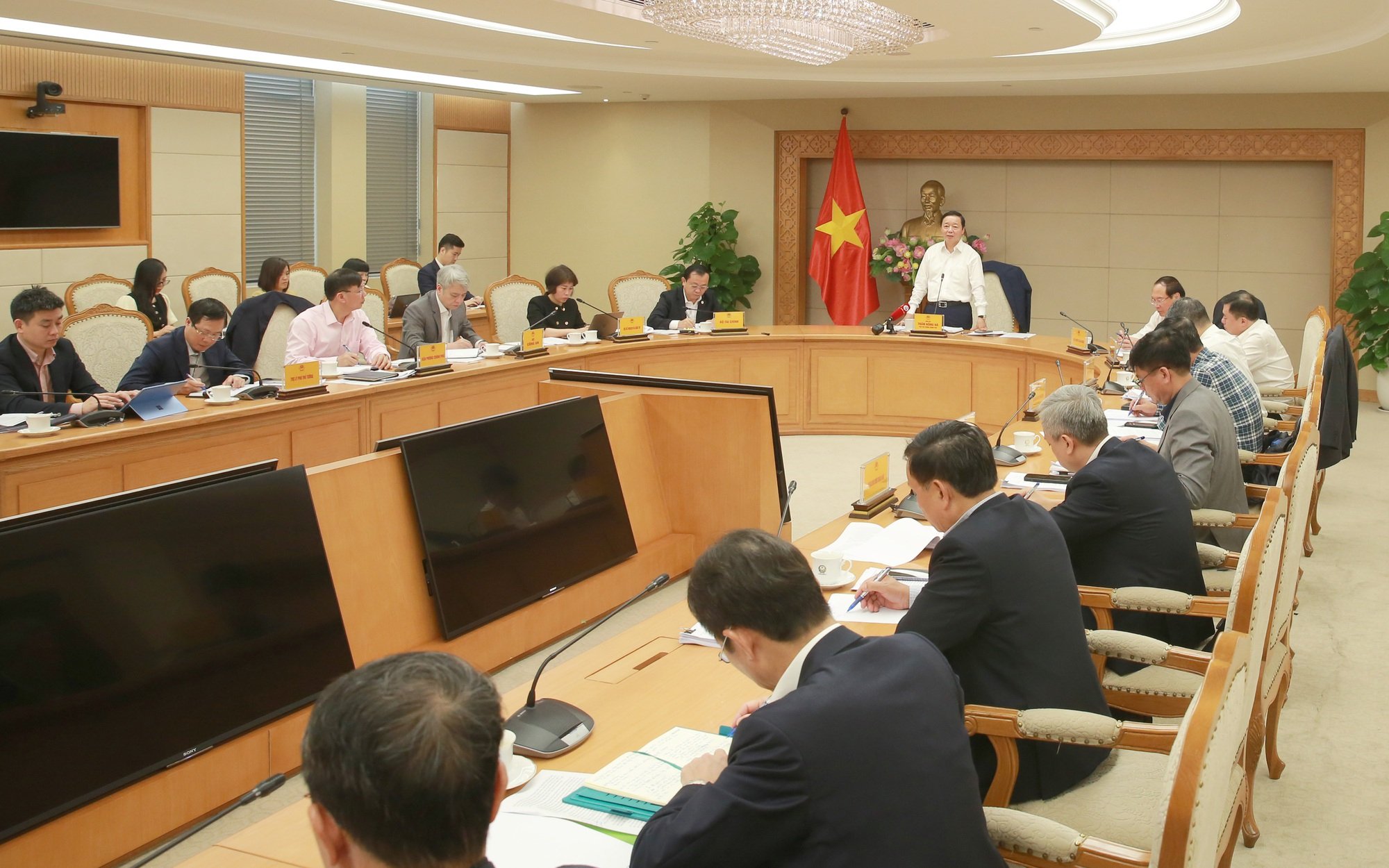
The project aims to institutionalize policies on emission quota and carbon credit exchange, achieve the goal of reducing greenhouse gas emissions, transforming the economy, and creating new green resources.
Emphasizing the leading and creative role of the State, the Deputy Prime Minister said it is necessary to assess the impact of economic, financial and tax instruments, ensuring domestic and international harmony, transparency in responsibilities and rights of subjects participating in the market for exchanging emission quotas and carbon credits.
The Deputy Prime Minister requested the Ministry of Natural Resources and Environment to improve its capacity to determine/allocate emission quotas for industries and sectors according to specific and clear plans; to implement regulations and standards on statistical mechanisms, measurement, and certification of emission quotas and carbon credits according to international standards, especially in the fields of transportation, electronics, agriculture, etc.
Along with that, the Ministry of Finance needs to mobilize the participation of representatives of relevant ministries and branches, a team of experts on greenhouse gas reduction, economics, finance, international law on climate change, to fully, comprehensively and thoroughly research the formation of policies related to carbon credit markets in other countries such as: Allocation of emission quotas, operating models, economic and financial instruments, etc., thereby proposing approaches, viewpoints, purposes, targets, requirements, tasks, and specific implementation roadmaps in the Project.
Source








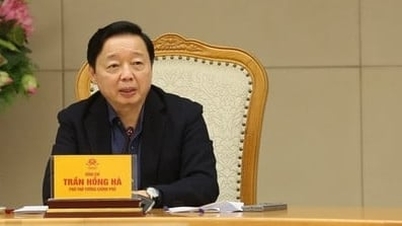

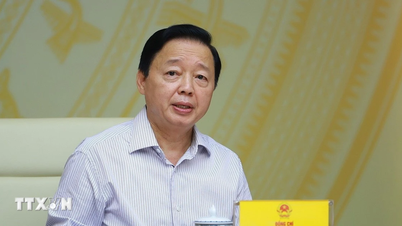



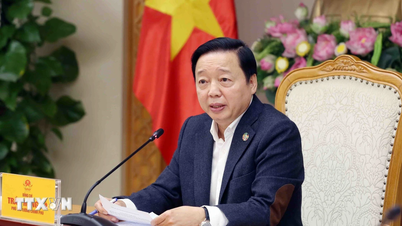


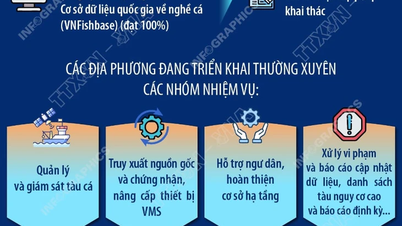

















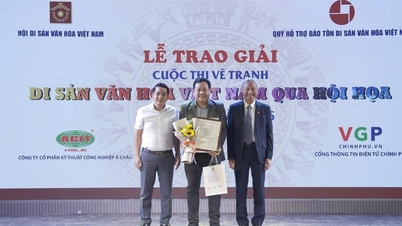



![[Photo] Worshiping the Tuyet Son statue - a nearly 400-year-old treasure at Keo Pagoda](/_next/image?url=https%3A%2F%2Fvphoto.vietnam.vn%2Fthumb%2F1200x675%2Fvietnam%2Fresource%2FIMAGE%2F2025%2F12%2F02%2F1764679323086_ndo_br_tempimageomw0hi-4884-jpg.webp&w=3840&q=75)
![[Photo] Parade to celebrate the 50th anniversary of Laos' National Day](/_next/image?url=https%3A%2F%2Fvphoto.vietnam.vn%2Fthumb%2F1200x675%2Fvietnam%2Fresource%2FIMAGE%2F2025%2F12%2F02%2F1764691918289_ndo_br_0-jpg.webp&w=3840&q=75)


























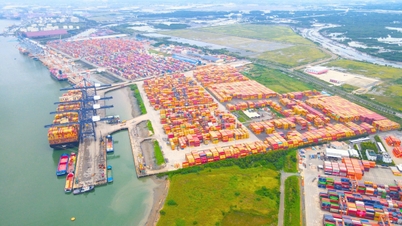






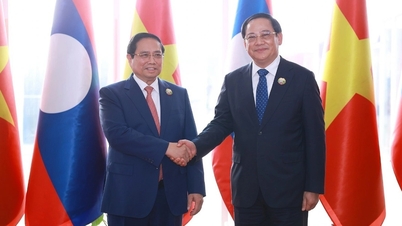















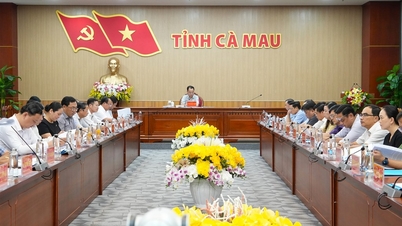

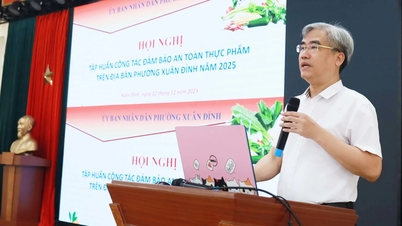




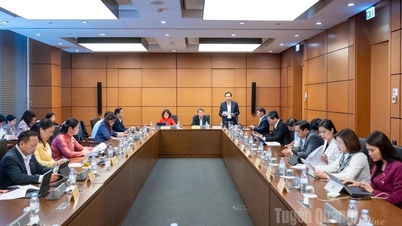














Comment (0)